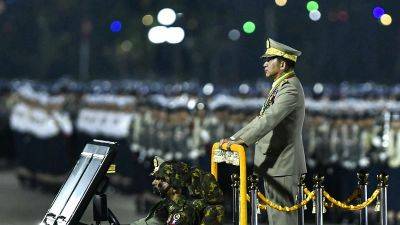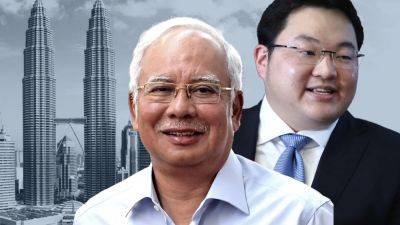Without pride and prejudice
June 11, 2024
KATHMANDU – Recently, Nepali Congress general secretary Gagan Thapa revealed that his party’s president, Sher Bahadur Deuba, told Prime Minister Pushpa Kamal Dahal: “Turn the pages of Kantipur since its inception; read them and tell me if my name does not come out on top as the most reviled, the most criticised, the most hounded.”
The destinies of former PM Deuba and the country’s leading private-sector newspaper have indeed remained closely intertwined. Just shy of two years before the newspaper’s launch in 1993, Deuba had assumed public office, having been elected to Parliament during the general elections of May 1991 and appointed as Minister for Home Affairs by then PM Girija Prasad Koirala, his mentor. In its 31 years of existence, marked by unprecedented headlines ranging from democratic upheavals to the Maoist uprising to an emergency, Kantipur has found in Deuba, as it has in many other leaders, a reliable political newsmaker.
For the context here, Deuba’s comments were in reference to the arrest of Kailash Sirohiya, chairman of Kantipur Media Group (KMG), publisher of Kantipur and this very paper. On May 21, Sirohiya was arrested for allegedly misusing his citizenship certificate, an act seen as vindictive and instigated by Home Minister Rabi Lamichhane in retaliation for Kantipur’s extensive coverage of his alleged involvement in cooperative frauds.
Thapa cited Deuba’s disapproval of the government controlling the media for the content they publish, regardless of how one feels about the veracity of the content. Deuba suggested there were other legitimate ways to respond. Thapa urged for a defense of press freedom, asserting that the “intimacy” between democracy and a free press is so deep as to






